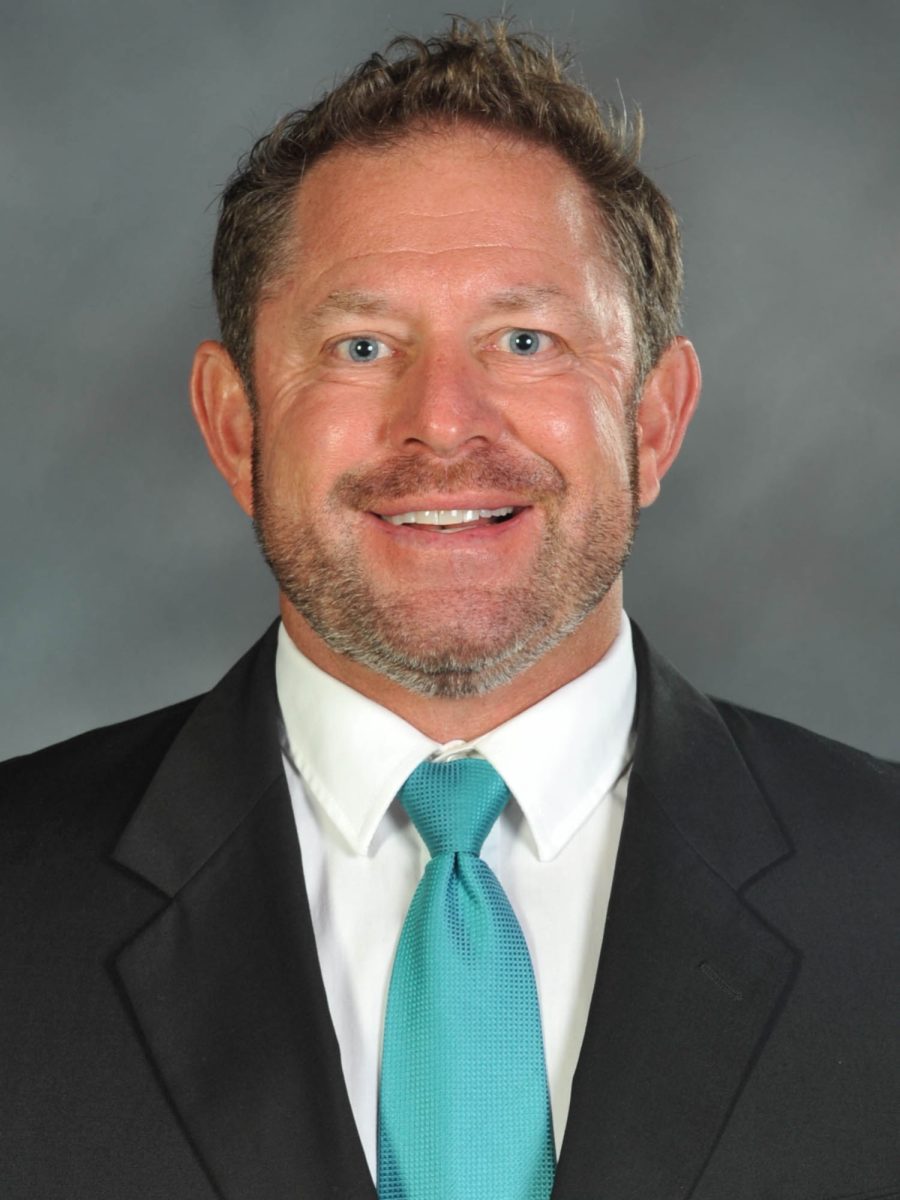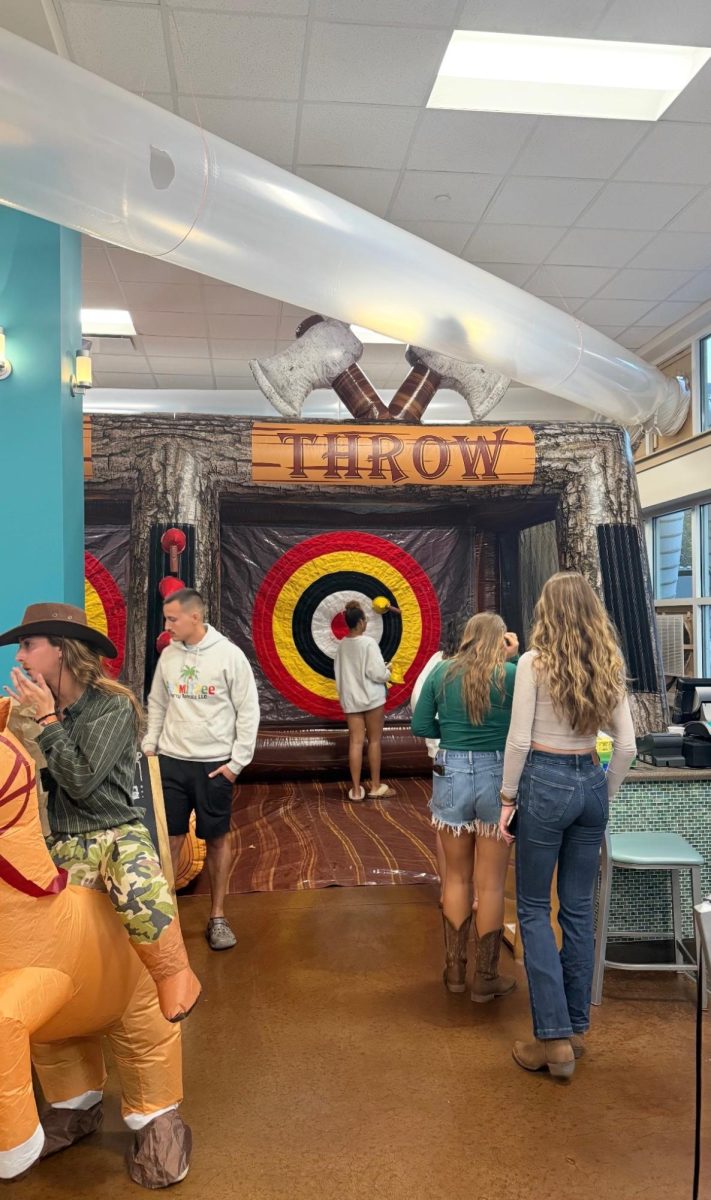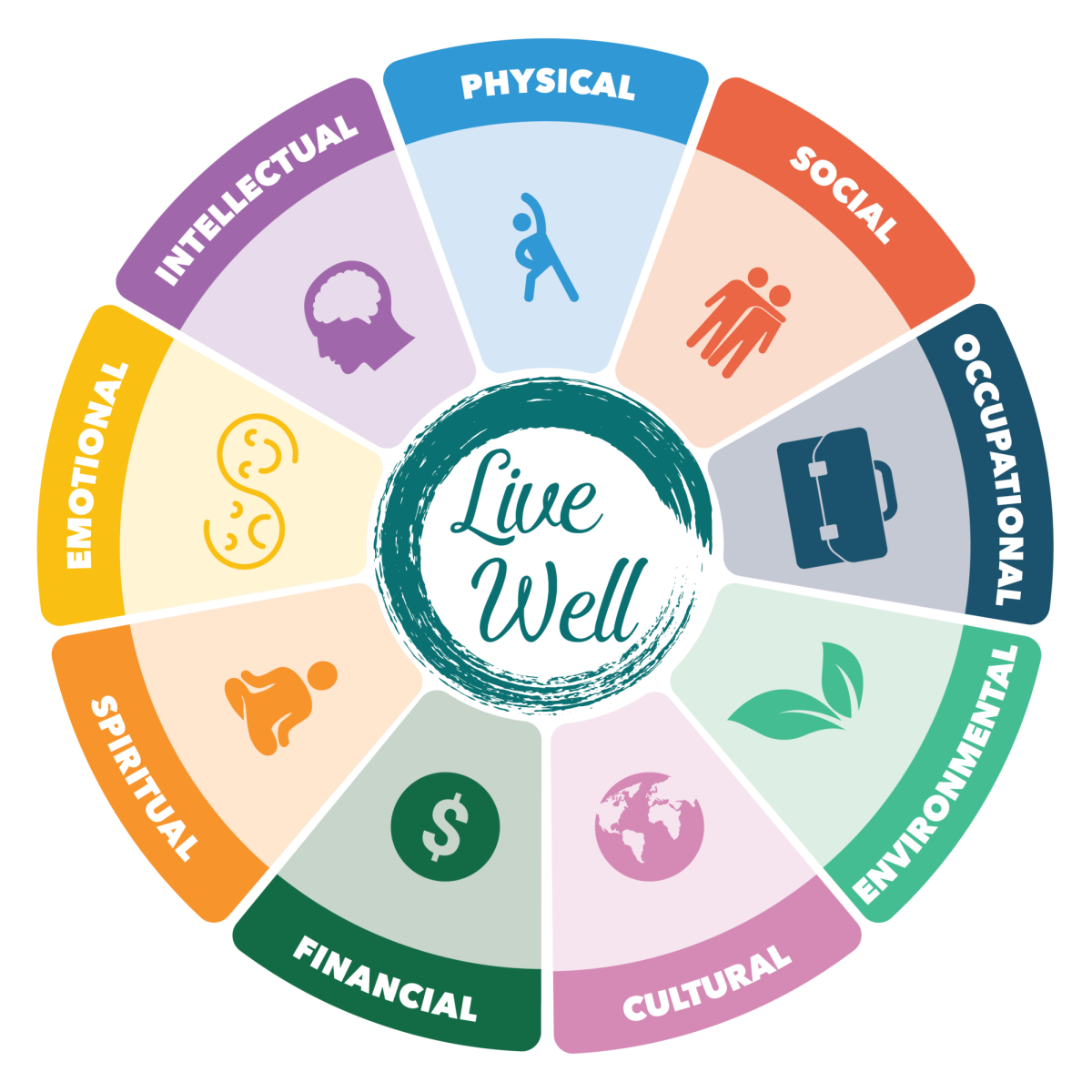Coastal Carolina University (CCU) has various resources for students, faculty or staff struggling with substance abuse, including LiveWell and Chants 4 Recovery.
Tena Nardin
Assistant Director of Substance Use Education and Services, LiveWell Office
CCU’s LiveWell Office and Assistant Director of Substance Use and Education Services Tena Nardin are available to help. In honor of National Recovery Month during September and World Mental Health Day on Oct. 10, both departments are hoping to get through to those silently struggling with addiction.
LiveWell’s Chants 4 Recovery (CFR) is a Collegiate Recovery Program which serves as an inclusive and confidential space for students battling substance use disorders. According to Nardin, CFR’s members meet with other students in similar positions, one-on-one or in group settings, to communicate their goals and help keep each other on track.
Last semester, Nardin had a small cohort of individuals in CFR who s he said were meeting with her on an as-needed basis, while also meeting in groups off campus.
“When they weren’t here at Coastal, they were going off campus to Alcoholics Anonymous (AA) meetings,” she said. “But they were going like, as a group, which is really cool.”
She said this is her first semester not having a cohort or AA meeting in Lackey Chapel, but she plans to start this up again next semester.
Nardin said her office, Lib Jackson Student Union A108, is a designated safe space for students in CFR. She hopes more students will utilize the resources they have on campus, including herself, and wants to help end the stigma surrounding drugs and alcohol on college campuses.
“It’s hard for students to say ‘Hey, I have a problem,’ not only because being on a college campus there’s stigma related to substance use disorders and stigma related to recovery. It’s so hard to, you know, have them come and reach out but yeah, I am open and willing and non-judgmental,” Nardin said.
As a licensed therapist with over 20 years of experience, Nardin said she is required to keep all students’ information and involvement confidential. She wants students to know that she is the person to come to with all drug or alcohol use questions or concerns and hopes to create a safe space for recovery at CCU.
“I’m there to support a student no matter what,” she said.
Chris Donevant-Haines
Associate Director of LiveWell
CCU’s LiveWell Office provides students with free resources for alcohol and other drugs support, confidential interpersonal violence support and nutrition counseling.
As a licensed therapist for over 25 years, Associate Director of LiveWell Chris Donevant-Haines is available to all students looking to get involved or seek help. Although Assistant Director of Substance Use and Education Services Tena Nardin is the main point of contact for those in or seeking recovery, Donevant-Haines is someone all students can depend on.
She said one of the main services she prides herself on are the SHORE Peer Educators, an organization made up of students who are trained to provide educational presentations, connect with the community, offer initiatives, provide students with resources and host outreach events. Among these events include their monthly Tissue Talk, with events relating to that month’s dedication, including National Recovery Month.
“The education that we provide to students is really quite holistic,” Donevant-Haines said. “And I love that term, holistic wellness, because it looks at the whole person versus just our physical health or our mental health and emotional wellness. That’s something that’s really important to all of us as a staff.”
She said National Recovery Month is important to her because LiveWell can promote recovery as an option, since many students may not reach out for help due to the belief that there may not be a light at the end of the tunnel.
“I’m really happy that [National Recovery Month] exists because I think it is, unfortunately, a highly stigmatized topic when it comes to college students. I think there are a lot of assumptions about college students and their behaviors relating to alcohol and other drugs,” she said.
Donevant-Haines said she wants students to know that their information will always be kept confidential, in accordance with the Health Insurance Portability and Accountability Act (HIPPA).
“Just don’t be afraid to ask for help, because there are a lot of people on this campus who really care and who have the knowledge and ability to assist,” she said. “And trusting that and trusting confidentiality.”


















